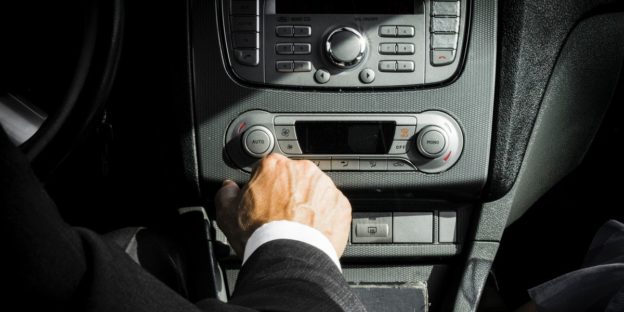Are you in the market to buy a new-to-you car? If so, be careful about jumping into things too soon! With auto loan interest rates soaring and car prices still high, you want to make a good investment. Fortunately, you don’t have to make your decisions in a high-pressure environment. Car salespeople expect customers to leave their lot with a purchased vehicle, but shopping at the dealership isn’t your only option. You can also shop online or through an online auction.
Below are three important things to keep in mind when buying a vehicle.
1. New vs Used Vehicles
The first decision you’ll have to make is whether you want to buy a new or used vehicle. There are pros and cons to both sides, so take some time to consider what’s best for your personal situation. New cars give you access to the latest technology and safety features, but you’ll pay more. However, you can potentially take advantage of low interest rates – sometimes 0% APR.
Used cars can save you some money, but you’ll also be getting an older car that might need some repairs or attention. And, you probably won’t get all the latest safety features and technology. The best way to get a newer car with modern features at a reasonable price is by shopping for certified pre-owned vehicles or shopping for repossessions on RepoFinder.com.
2. Leasing vs Buying
Another thing to think about is whether you want to lease a vehicle or buy a vehicle. If you purchase a car, you’ll likely take out a loan and have a fixed number of payments. Once the loan is paid off, the car is yours to keep. It’s a great option if you plan to keep your car for many years and don’t mind paying for maintenance and repairs.
A lease is also a type of loan, though it only lasts for about three years. Once this time is up, you can either pay the balance and buy the vehicle, or trade it in for something new. You’ll be putting out money every few years to cover taxes and fees, but you don’t have to pay for maintenance and repairs.
3. Negotiations
Before you purchase a vehicle, do your research so that you can be an effective negotiator, if need be. Research the fair market value for the vehicle you’re interested in, including its make, model, year and mileage. Do the same for your current vehicle if you plan to trade it in.
When negotiating, be careful not to give the salesperson too much information about your financial situation and what you’re willing to pay. Focus on the facts – not your emotions. If a car isn’t in your price range, you’ll have other options. And if you’re uncomfortable with negotiating, you can always shop online and look for the best prices.
Find a New-to-You Car at RepoFinder
RepoFinder has a huge database of lenders who are selling their repossessed inventory. Many of the vehicles are in good condition and require just a bit of TLC. You can make your bids directly online and negotiate with the lenders. They are often willing to work with buyers because they want to recoup their losses and gain new clients through financing. Try us out today and see what cars are available in your area!




